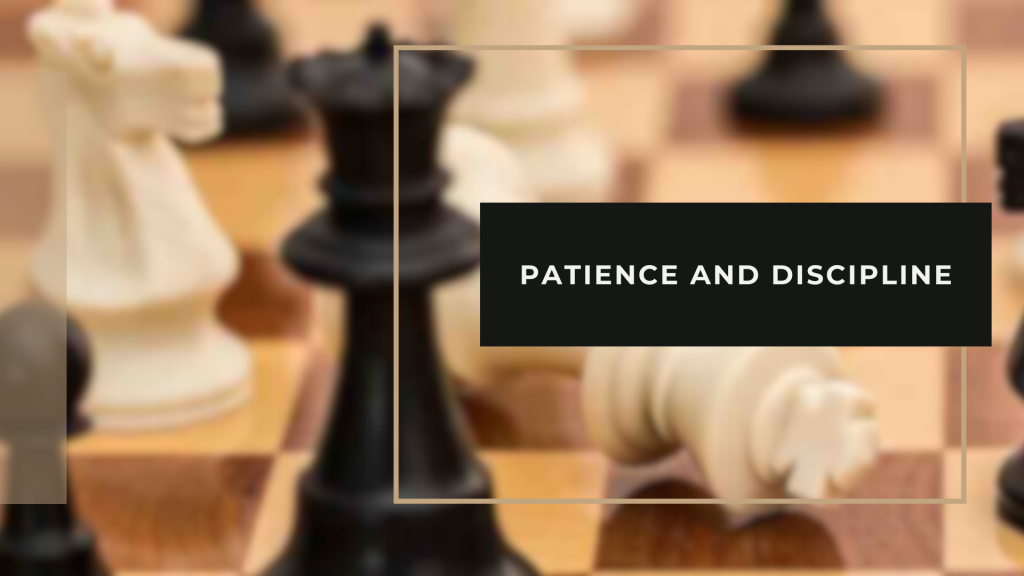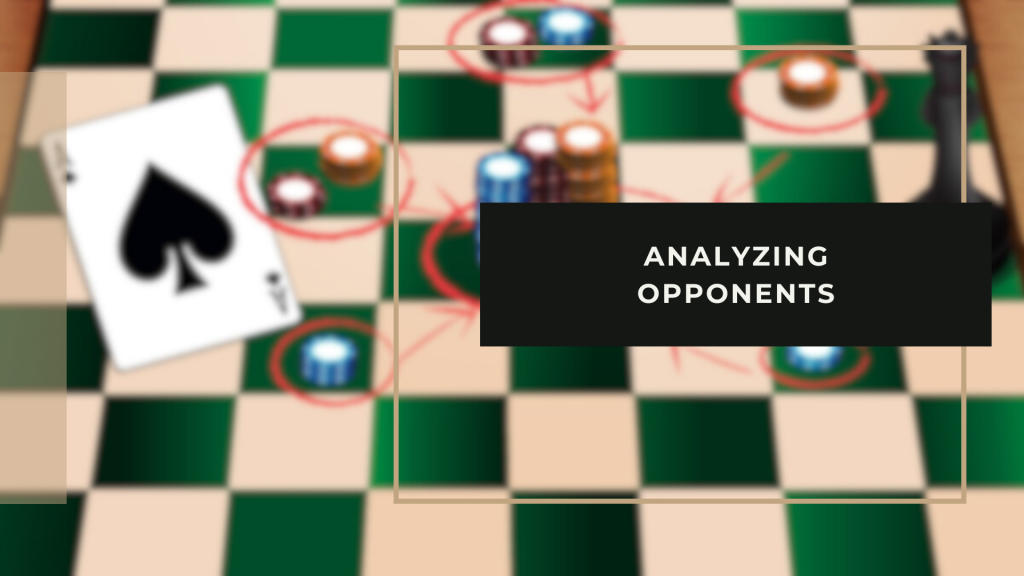Chess and casino games are seemingly different but share common ground in skills needed for success. The complexity of chess translates into valuable skills for casino play. In this article, we will look at a few specific chess skills, and explain how they can significantly affect your results in casino games. Understanding these connections can be the key to a more profitable casino game.
Strategic Thinking
Strategic thinking is at the core of both chess and casino gaming. In chess, it’s about carefully planning several moves ahead, considering all possible outcomes, and responding to the opponent’s tactics. This intricate process helps a chess player gain control over the game.
Similarly, strategic thinking is a vital asset in casino games:
- Like chess, poker requires a deep understanding of opponents’ strategies and the ability to plan many moves ahead. You must anticipate the actions of others and develop a strategy that counters their moves while advancing your position;
- Strategic thinking in blackjack involves understanding when to hit, stand, split, or double down. A player needs to consider the probabilities and make decisions that maximize winning chances;
- Though largely based on chance, even roulette can benefit from strategic thinking. Deciding where to place bets and how to distribute them requires an analysis of risk and reward;
- Just as in chess, where adapting to your opponent’s moves is crucial, casino gaming requires flexibility. Being able to change strategy mid-game can be a winning factor;
- Chess teaches long-term planning, allowing one to see the big picture. In casino gaming, this means managing your bankroll and playing responsibly over extended periods, not just focusing on individual games;
- Through strategic thinking, players can avoid common pitfalls that lead to loss, such as following emotions rather than logic
Patience and Discipline

Discipline is foundational in chess, and they translate remarkably well to casino gaming:
- Impulsive moves can lead to disaster. Being patient, waiting for the right opportunity, and not succumbing to frustration are keys to victory;
- Maintaining a disciplined approach means sticking to a well-thought-out strategy, even when facing pressure. This means resisting the temptation to make hasty, aggressive moves that might backfire;
- In games like poker and blackjack, patience can mean the difference between winning and losing. Waiting for the right hand or the right moment to bet can be a wise strategy;
- Discipline in casino gaming means setting limits and sticking to them, managing your bankroll wisely, and not succumbing to the thrill of the game at the expense of logical decision-making;
- Patience is not just about individual games, but about building a sustainable approach to gaming that leads to long-term success;
- Much like in chess, keeping emotions in check and maintaining a cool, logical approach is vital in casino gaming;
- Chess teaches how to handle loss with grace and learn from it. This attitude is essential in casinos, where not every game will be a win.
We recommend that you familiarize yourself with the elements of chess at the Online Casino.
Risk Management
Risk handling is a principle deeply rooted in chess, and it carries significant relevance in casino play:
- There is a balance to be struck between risk-taking and possible gains. Knowing when to take a calculated risk and when to proceed with caution is a talent honed in chess and relevant in a casino environment;
- Just as a chess fan must supervise pieces and resources on the board, a gambler needs to handle their funds wisely;
- Engaging in excessive risks without correct calculation often results in defeat. These teachings can be used in gambling, where grasping the potential results of risks leads to smarter choices;
- Chess players must evaluate the risks depending on their adversaries’ playing methods. Similarly, in games such as poker, grasping opponents’ habits aids in deciding when to assume risks;
- Immediate wins might result in lasting losses if not directed properly. In casino play, understanding the lasting implications of risk-taking aids in forming a more victorious plan.
Problem-Solving
Chess is essentially about issue resolution, and those talents can be applied beyond the game board. Here’s how participants become more adept at resolving issues, including in casino play:
- Players are coached to scrutinize intricate positions, pinpoint issues, and discover the optimum solutions. This requires assessing numerous factors and contemplating various possible results;
- The game requires thinking several moves ahead and predicting the opponent’s reaction. This ability helps in casino games, where it is very important to understand the chain of events;
- Players typically learn from their errors, utilizing failures as lessons to fix similar issues later. This method can be priceless in a casino environment where learning from earlier games improves subsequent performance;
- The game promotes inventive thinking to discover novel resolutions to problems.
Recognizing Patterns
The skill to identify patterns, vital in chess, is also fundamental for casino gambling:
- Identifying patterns assists in making faster, more educated choices. This understanding assists in foreseeing future occurrences and acting accordingly;
- This allows for adjustments to be made. If a pattern is detected in the opponent’s play, tactics can be changed to counteract it;
- Identifying unfavorable patterns in one’s own play can assist in evading recurring mistakes;
- Pattern identification is not only about individual games but grasping overarching trends and strategies that can be used over time.
Analyzing Opponents

Properly analyzing your opponent in chess will give you an advantage over him. Let’s take a look at how this works in a casino:
- Understanding an opponent’s strategy leads to tailored responses that are more likely to succeed;
- Anticipating an opponent’s next move is key to success. In games like poker, anticipating an opponent’s reactions can guide betting strategies;
- Opponents may use deceptive strategies. Analyzing this allows for the avoidance of traps;
- Understanding opponents builds confidence in one’s own strategy;
- Analyzing opponents allows for a more tailored approach, crafting strategies specifically designed to counter particular opponents;
- Understanding opponents’ psychology in chess helps in predicting reactions. In poker, understanding opponents’ psychology can guide bluffing and other strategic decisions.
Conclusion
Chess and casino gaming may appear unrelated, but the skills developed in chess have clear applications in the casino setting. Embracing chess skills can not only enhance one’s enjoyment of casino games but also contribute to more successful gaming.

